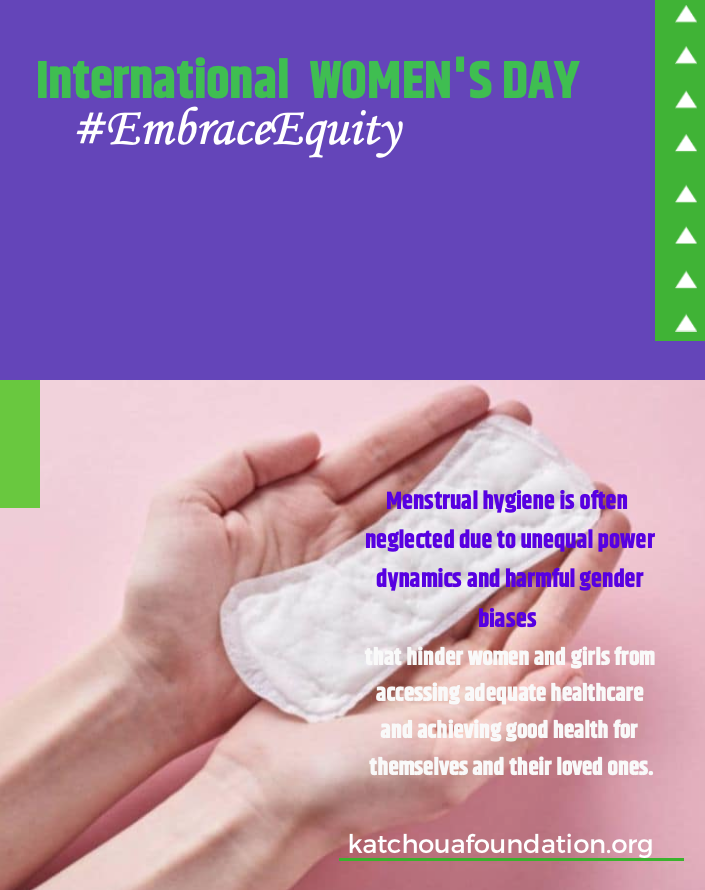Menstrual hygiene is essential to women’s health, yet it is frequently overlooked and undervalued due to unequal power dynamics and harmful gender biases. In many societies, menstruation is stigmatized and viewed as taboo, causing many women and girls to feel ashamed and embarrassed about their periods. This, in turn, can lead to inadequate menstrual hygiene practices, such as using old or unsanitary materials to manage menstruation.
Moreover, due to harmful gender stereotypes and unequal power relations, women and girls often face significant barriers to accessing adequate healthcare, including menstrual health services. In some communities, menstruation is seen as a private matter, and discussing it with others, including healthcare providers, is inappropriate. This can lead to a lack of access to appropriate menstrual hygiene products, as well as a lack of information on proper menstrual hygiene practices.
These barriers to menstrual hygiene can have severe consequences for women’s health, including increased risk of reproductive tract infections, cervical cancer, and other health complications. Additionally, women who lack access to adequate menstrual hygiene products may experience embarrassment and social isolation, which can have a negative impact on their mental health and well-being.
To address these challenges, it is essential to challenge harmful gender stereotypes and power dynamics that prevent women and girls from accessing the resources and information they need to manage their menstrual health. This includes providing education on menstrual hygiene management, ensuring access to affordable and high-quality menstrual hygiene products, and promoting open and inclusive discussions about menstruation. By prioritizing menstrual hygiene, we can help women and girls achieve good health for themselves and their loved ones.
#embraceequity
#womensday






